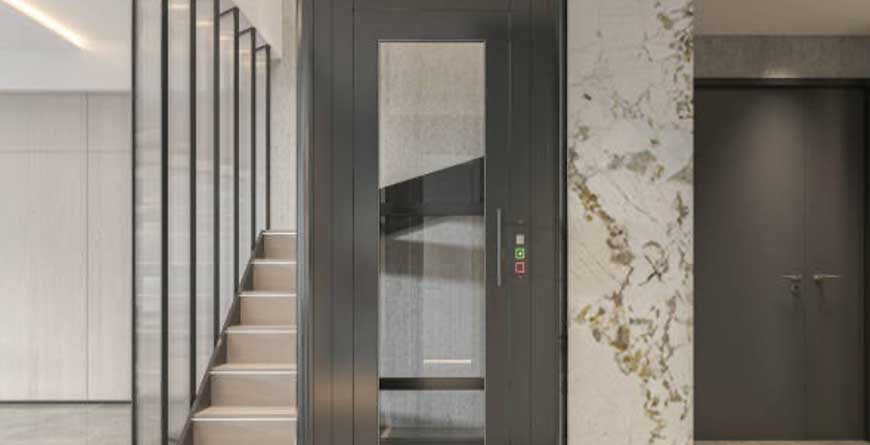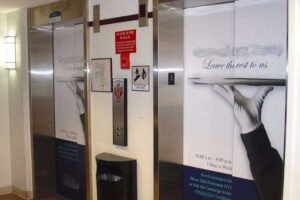
Why Elevators Can’t Open Into Private Suites
Understanding Elevator Access Rules
Elevator maintenance and safety regulations ensure that machine rooms, hoistways, and control spaces remain accessible for service, inspections, and emergencies. In British Columbia, the Elevating Devices Safety Regulation (EDSR s.37) prohibits elevators from opening directly into private suites or requiring access through private spaces like apartments or washrooms.
This rule prevents delays in critical repairs or emergency response due to restricted access. However, in rare cases, a statutory right-of-way (SRW) can be granted to Technical Safety BC to allow legal access when no other design alternative is possible.
Why Private Access to Elevators is Prohibited
Elevators and their associated spaces must always be accessible for:
- Regular maintenance and inspections
- Emergency repairs
- Compliance with safety regulations
If access depends on a private property owner, technicians may be unable to enter, leading to safety risks and delays.
When Can an Exception Be Made?
In rare cases, if no other design option exists, a variance (exception) may be granted if:
- A statutory right-of-way (SRW) is registered on the property title, giving Technical Safety BC legal access.
- There is no alternative design that complies with the regulations.
However, some situations are never allowed, including:
- Elevators requiring access through private washrooms.
- Machine rooms or control rooms inside private suites.
- Machine room-less (MRL) controllers located in a private space
What This Means for Property Owners
If you own or manage a building with an elevator, you must ensure compliance with EDSR s.37. Key requirements include:
- Elevator landings must be in common areas, not private property.
- Compliance is ongoing, meaning accessibility rules must be maintained even after installation.
- Permit applications must be accurate, with clear declarations about access through private spaces.
- Stairway access must remain clear at all times.
- Locked doors in front of elevators are not allowed unless they are in a common area.
To Wrap it Up
Elevator safety regulations exist to protect both building owners and the public. Limiting access through private suites ensures that elevators can be serviced and inspected without delays. While variances can sometimes be granted, they are rare and only considered when no other design solution exists.
For more details on statutory right-of-way requirements and safety regulations, refer to Technical Safety BC’s official resources.
Tag:Elevator, private, Regulation

